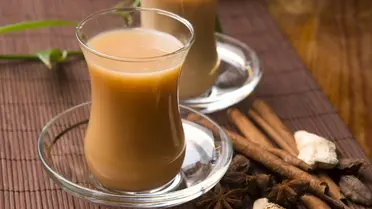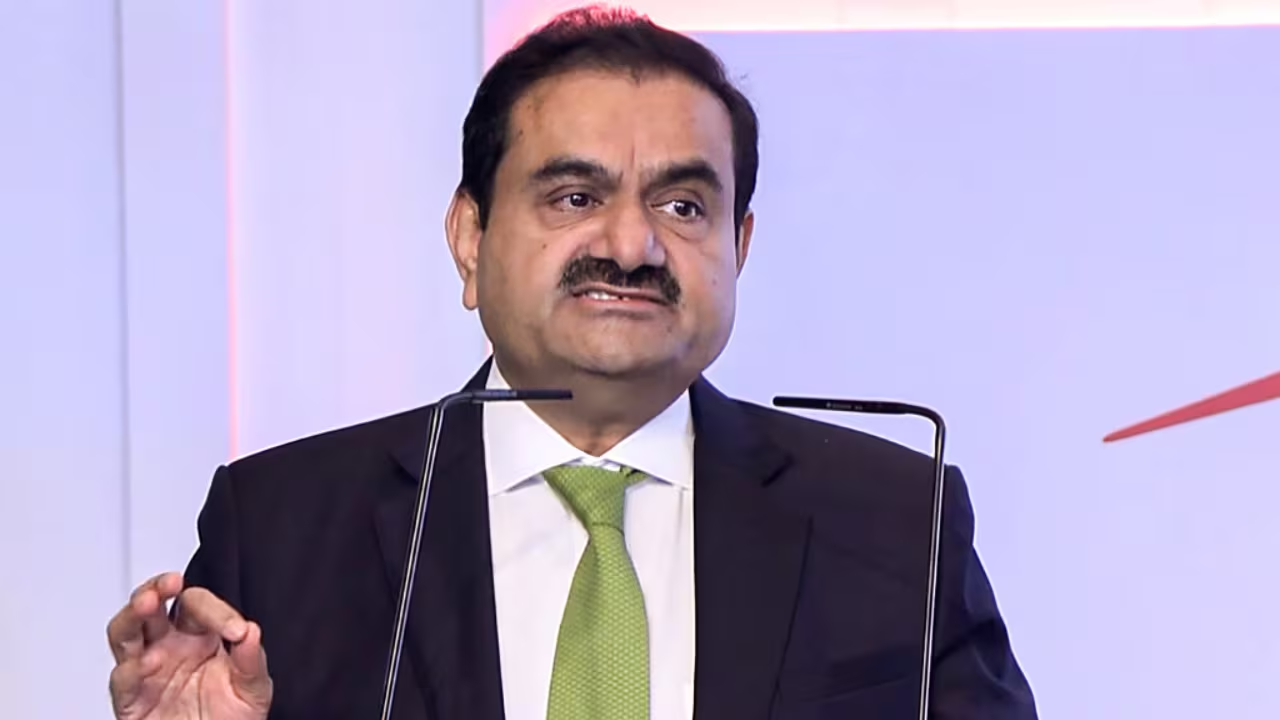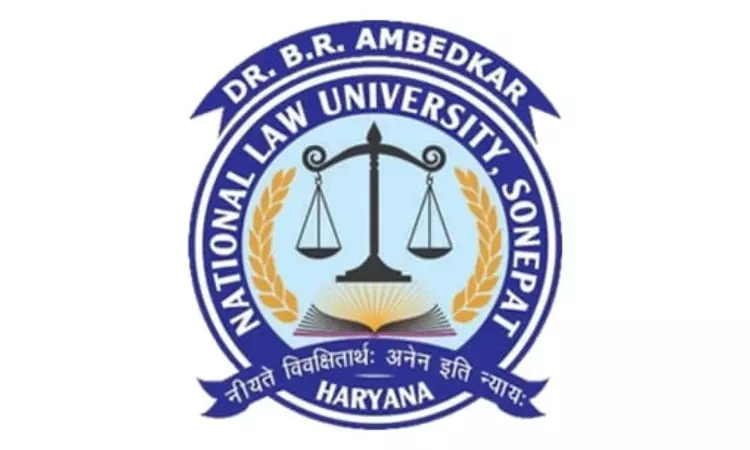Karak tea has firmly established itself as more than just a drink in the GCC; it is a cultural phenomenon that brings people together, providing comfort and connection in a rapidly changing world
In the bustling streets of the GCC (Gulf Cooperation Council) countries, one can often spot small cafes and roadside stalls serving a steaming cup of ‘Karak’ tea. This humble beverage, originally from the Indian subcontinent, has carved out a significant place in the hearts of the Gulf’s residents, becoming a symbol of social connection and tradition.
Karak tea, also known as “chai Karak,” is a strong, spiced tea made by brewing black tea with a mixture of spices such as cardamom, saffron, and occasionally ginger, and then simmering it with milk and sugar. The name “Karak” is derived from the Hindi word “kadak,” meaning strong, which perfectly describes the robust flavor of this drink.
The tea was introduced to the Gulf region by South Asian expatriates, particularly from India, who brought their culinary traditions with them. Over time, the local population embraced Karak, and it was adapted to suit the Gulf palate. Today, Karak tea is enjoyed by people of all nationalities and backgrounds across the GCC.
Tea from the heart of India
The popularity of Karak tea in the Gulf is inextricably linked to its Indian roots, not only in terms of its preparation but also in its sourcing. A significant portion of the black tea used to make Karak is procured from India, particularly from the tea-rich states of Assam, Darjeeling, and Kerala. These regions are renowned for producing some of the finest black teas in the world, known for their strong flavor and rich aroma—qualities that are essential for making the perfect cup of Karak.
In addition to black tea, the spices used in Karak, such as cardamom and saffron, also have a strong connection to India. Kerala, in particular, is a major producer of cardamom, while saffron is often sourced from the northern state of Jammu and Kashmir. These spices are integral to the unique taste of Karak tea, adding layers of flavor that make it distinct from other beverages.
Tea and coffee have long been integral to the culture of the Gulf. Traditional Arabic coffee, “gahwa,” often flavored with cardamom and served in small cups, holds a special place in Gulf hospitality. However, Karak tea offers a different kind of comfort—a stronger, sweeter, and creamier option that appeals to those seeking a rich, energizing drink.
The deep Indian connection, through both its ingredients and cultural heritage, ensures that Karak tea will continue to thrive as a beloved beverage in the Gulf for generations to come
Karak’s popularity can be attributed to several factors like accessibility, social connection, convenience, and cultural fusion.
Karak tea is widely available and affordable. Whether at a high-end café or a small roadside stall, a cup of Karak is within reach for everyone. Its affordability makes it a favorite among students, workers, and professionals alike.
In the fast-paced urban environments of the GCC, Karak tea has become a social glue. Friends and colleagues often gather around a cup of Karak to chat, share stories, and take a break from their daily routines. It has become a ritual that transcends social classes and nationalities.
Karak tea is typically served in disposable cups, making it easy to grab on the go. Whether on a long drive, during a work break, or after a late-night shopping spree, Karak tea provides a quick pick-me-up.
The blend of spices in Karak tea reflects the rich cultural tapestry of the Gulf, where traditions from the Indian subcontinent have intertwined with local customs. This fusion is a testament to the region’s openness to different cultures, and Karak tea is a delicious symbol of this cultural exchange.
As the Gulf countries continue to modernise and embrace global influences, Karak tea remains a cherished part of daily life. New variations of the drink are constantly emerging, with cafes experimenting with flavors like saffron, rose, and even chocolate. Despite these innovations, the essence of Karak tea—a strong, sweet, and spiced brew—remains unchanged.
***********************************************************
Readers
These are extraordinary times. All of us have to rely on high-impact, trustworthy journalism. And this is especially true of the Indian Diaspora. Members of the Indian community overseas cannot be fed with inaccurate news.
Pravasi Samwad is a venture that has no shareholders. It is the result of an impassioned initiative of a handful of Indian journalists spread around the world. We have taken a small step forward with the pledge to provide news with accuracy, free from political and commercial influence. Our aim is to keep you, our readers, informed about developments at ‘home’ and across the world that affect you.
Please help us to keep our journalism independent and free.
In these difficult times, running a news website requires finances. While every contribution, big or small, will make a difference, we request our readers to put us in touch with advertisers worldwide. It will be a great help.
For more information: pravasisamwad00@gmail.com








